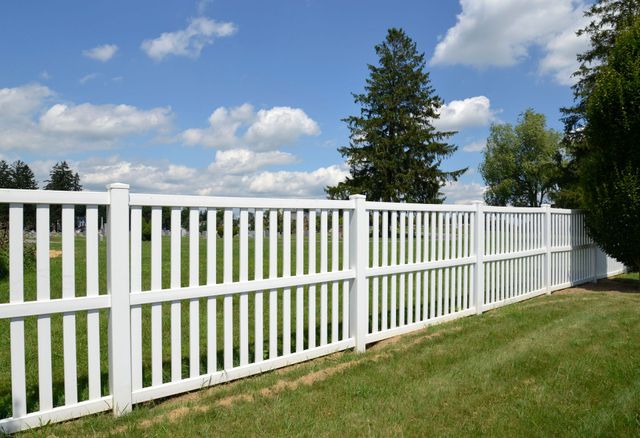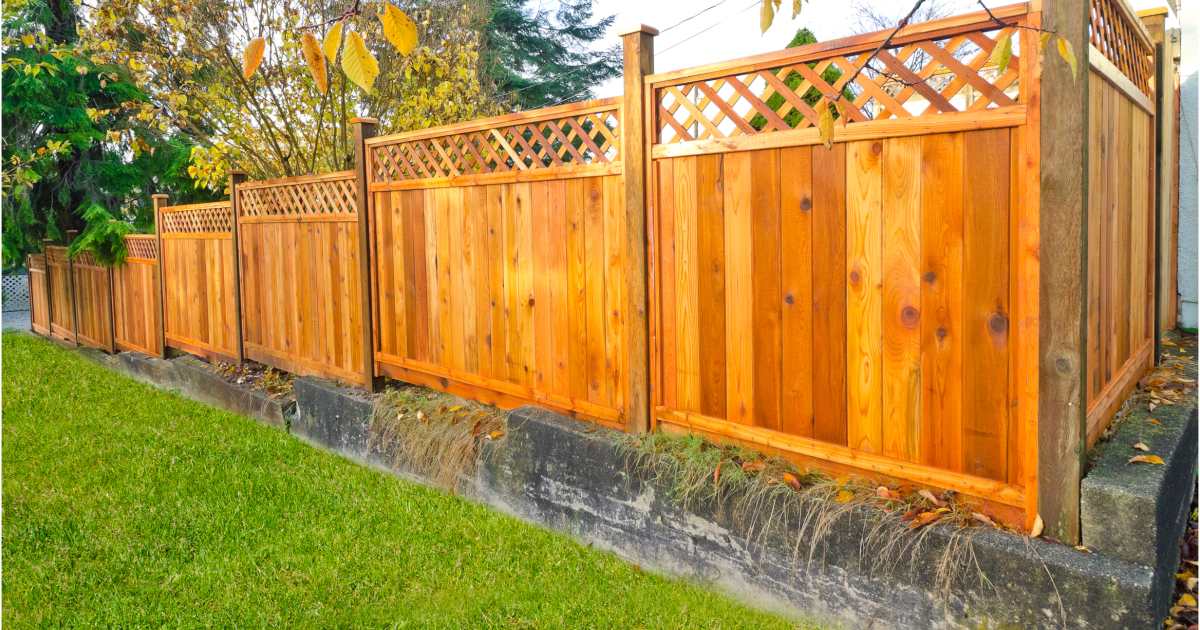All Categories
Featured

When it comes to selecting the very best fence material for toughness, functioned iron attracts attention as one of the most reliable and long-lasting choices readily available. Recognized for its toughness, aesthetic charm, and capability to endure various weather, functioned iron is a prominent choice for both business and household residential properties. However just how does it contrast to various other secure fencing materials in regards to durability and performance? Let's take a closer check out functioned iron fence and how it piles up versus options like plastic, aluminum, and timber.
Strength and Longevity of Wrought Iron Fencing. Unlike many other fence choices, wrought iron can endure harsh ecological conditions, consisting of extreme warmth, heavy rainfall, and also strong winds. Due to the fact that it is a steel, wrought iron is not prone to the wear and tear that timber fencings commonly experience, such as deteriorating, bending, or insect infestations.
Durability: Wrought iron fencings are incredibly tough and can withstand impacts and various other kinds of physical stress that could harm other materials. When appropriately preserved, they can last for half a century or even more, making them an investment that will certainly give long-term value.
Wrought Iron vs. Wood Fence. Wood fencings, while standard and aesthetically pleasing, generally need more maintenance and have a much shorter life-span compared to wrought iron. Wood is vulnerable to rot, termites, and weathering with time, every one of which can jeopardize its structural stability. Furthermore, timber fencings may require to be replaced or repaired every 10 to two decades, depending upon the climate and the kind of wood utilized.
Maintenance: While wood fencings need to be regularly treated with paints, sealants, or discolorations to keep their look and longevity, functioned iron fences typically need a lot less maintenance. They may require occasional cleansing or repainting to protect against corrosion, specifically in damp or seaside locations, yet they won't struggle with the same kinds of deterioration as wood.
Durability: While a well-kept wooden fencing might last 20 to three decades, functioned iron can go beyond that life expectancy by numerous decades, making it an extra durable selection in the lengthy run.
Wrought Iron vs. Plastic Fencing. Plastic fencing has become a popular alternative to timber due to its reduced maintenance and resistance to the aspects. Unlike wood, plastic doesn't rot or warp, and it does not require to be repainted or treated.
Longevity: While vinyl is immune and rather sturdy to rot and fading, it still can not match the long-lasting stamina and toughness of functioned iron. A vinyl fence may last around 20 to 30 years, relying on ecological elements, yet it lacks the architectural stability that functioned iron supplies.
Upkeep: Plastic calls for marginal maintenance contrasted to wood, yet it can still fade gradually, particularly in locations with intense sunlight direct exposure. Wrought iron may require periodic rust avoidance treatments yet usually calls for fewer treatments than plastic.
Wrought Iron vs. Aluminum Secure Fencing. Aluminum is an additional metal choice to wrought iron, and while it shares a few of the longevity attributes of wrought iron, it is usually much less solid and tough. Aluminum is extra lightweight and resistant to rust and corrosion, making it a preferred selection for low-maintenance secure fencing. It's not as strong as functioned iron and might be much more susceptible to bending or nicking under pressure.

Longevity: Wrought iron is dramatically more powerful and a lot more long lasting than aluminum. While aluminum fences can last for a number of decades, they might not stand up as well in high-impact or high-traffic locations. On the other hand, functioned iron is a lot more immune to physical damage and can better withstand pressure and force.
Maintenance: Both wrought iron and aluminum fencings need some upkeep, largely to stop corrosion. Aluminum is less likely to corrosion than functioned iron, making it an extra low-maintenance choice in locations with high moisture or seaside salt direct exposure.
Last Thoughts: Wrought Iron's Sturdiness Benefit. Wrought iron stands apart as one of the most long lasting secure fencing products offered, outshining wood, plastic, and light weight aluminum in terms of toughness, durability, and overall efficiency. While it does need occasional upkeep, especially to avoid rust, its ability to endure severe weather, physical stress and anxiety, and the examination of time makes it a superb financial investment for property owners and organizations looking for a lasting, safe fence option.
For those who focus on toughness and long life over all else, wrought iron is an unequalled selection. Whether you're securing a home, enhancing the appearance of your yard, or giving safety for a business site, functioned iron fencing will supply decades of sturdiness and visual charm that few various other products can match.
Latest Posts
Boost Your Home's Outside with Weathercraft's House siding Solutions
Published May 21, 25
1 min read
Secure Your Financial Investment with Specialist Rain Gutter Installment
Published May 20, 25
1 min read
Choosing the Right Roofing Shade: Influence On Power Efficiency
Published May 19, 25
1 min read
More
Latest Posts
Boost Your Home's Outside with Weathercraft's House siding Solutions
Published May 21, 25
1 min read
Secure Your Financial Investment with Specialist Rain Gutter Installment
Published May 20, 25
1 min read
Choosing the Right Roofing Shade: Influence On Power Efficiency
Published May 19, 25
1 min read